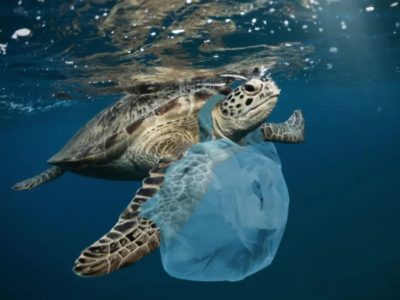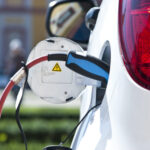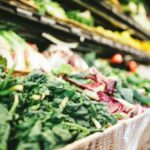Oceans are vast, covering 70% of the Earth’s surface. They help regulate our climate and weather patterns and are the source of medicinal ingredients that help fight cancer, arthritis, Alzheimer’s disease, and heart disease. And they are in trouble.
A report from the World Economic Forum states that if the current trends continue, by 2050, there will be more plastic than fish in the planet’s oceans. Think of that, more plastic than fish.
As an example, the Great Pacific Garbage Patch is an island of floating trash, more than twice the size of Texas. It is between Hawaii and California, contains more than 1.8 trillion pieces of plastic, and weighs over 88,000 tons.
The Natural Resources Defense Council reports that about half of all the plastics ever made have been made in the last 15 years.
Certainly, plastics offer many benefits. For example, they enabled manufacturers to reduce the weight of cars and jets, thereby saving fuel. And safety equipment such as helmets and life-saving medical devices are often made of plastic.
A real culprit is single-use plastics, such as cups, packaging, shopping bags, take-out containers, etc. Single-use plastics make up 40% of the plastic produced annually. Facing investor and customer pressure, many global fast-food companies have formed a consortium to find sustainable alternatives to single-use food cups and packaging.
Once in the water, sunlight, wind, and wave action break plastics down into small particles called microfibers. These microfibers are found around the globe in drinking water and floating in the air. Plastics are virtually impossible to remove once they become micro-sized and drift throughout the ocean’s water column.
Further, ocean plastic is estimated to kill millions of marine animals every year. Reports show that nearly 700 species, including endangered ones, are affected by plastics. In addition, discarded debris such as six-pack rings strangles them, while many more are harmed invisibly by eating plastics and microplastics.








